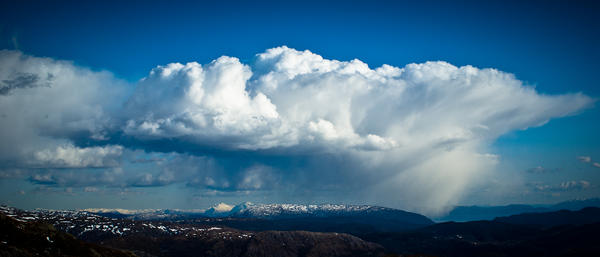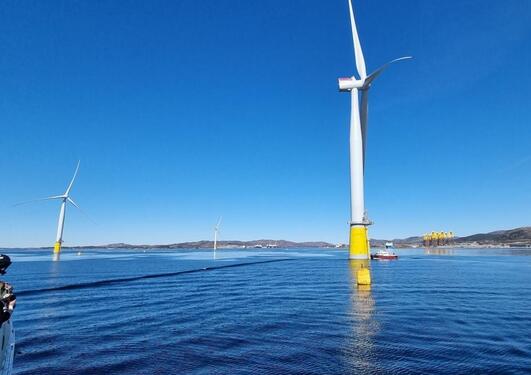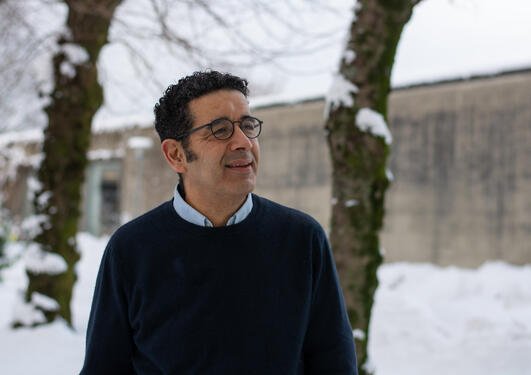
To understand how the weather evolves, how wind, radiation, rain and clouds in the atmosphere are connected on short times has always been an important aim for research at GFI. Modern computers and current theory provide an unprecedented basis for the study of atmospheric phenomena, many still far from understood. We gather new measurements, develop better weather forecast models, new observational techniques, and work with understanding the dynamical and physical conditions that determine what the weather will be.



